Muscle soreness is a familiar experience for athletes. After a tough workout or an intense competition, stiffness and discomfort often linger for days. While this is usually a normal part of the training process, excessive soreness can disrupt performance, recovery cycles, and even motivation.
This article explores the science of muscle soreness — specifically Delayed Onset Muscle Soreness (DOMS) — and examines how supplements can support the body’s natural recovery processes. By understanding both the physiology and the evidence behind supplementation, athletes can make informed decisions about their recovery strategies.
What Causes Muscle Soreness?
Muscle soreness, particularly DOMS, occurs when muscles are exposed to unfamiliar or high-intensity stress, especially eccentric exercise (movements where muscles lengthen under load).
- Microtears in Muscle Fibres → Exercise creates microscopic damage in the muscle tissue.
- Inflammatory Response → The body reacts by sending immune cells, blood, and nutrients to the damaged area. Cytokines (signalling proteins like IL-6 and TNF-α) trigger inflammation and pain.
- DOMS Timeline → Soreness develops gradually, typically peaking 24–72 hours after exercise, then subsiding as repair occurs.
DOMS is not caused by lactic acid (a common myth), but rather by the body’s repair and adaptation response.
The Body’s Natural Recovery Process
When muscles are stressed, the body initiates several recovery mechanisms:
- Protein Synthesis → Amino acids are used to rebuild and strengthen muscle fibres.
- Inflammation Resolution → Swelling and pain ease as damaged tissue heals.
- Adaptation → Repaired muscle becomes stronger and more resistant to future stress.
- Rest & Nutrition → Sleep, hydration, and balanced food intake are critical for these processes to occur efficiently.
Supplements can’t replace recovery fundamentals, but they can support and accelerate specific aspects of this cycle.
How Supplements Can Support Recovery
The main ways supplements assist recovery are:
- Reducing Inflammation → Omega-3 fatty acids, curcumin, and polyphenols modulate inflammatory pathways.
- Replenishing Nutrients → Magnesium, electrolytes, and antioxidants restore balance after exercise-induced depletion.
- Boosting Repair Processes → Protein, BCAAs, and creatine provide the building blocks and energy systems needed for faster repair.
Evidence-Based Supplements for Muscle Recovery
1. Protein & Amino Acids
- Protein is essential for muscle repair. Studies show that adequate protein intake (1.6–2.2 g/kg body weight/day) supports both recovery and muscle growth (Phillips, 2014, Applied Physiology, Nutrition, and Metabolism).
- Amino acid supplements, particularly BCAAs, have been shown to modestly reduce muscle soreness and damage markers (Jackman et al., 2010, JISSN). However, whole-protein sources are generally more effective.
2. Creatine
- Best known for enhancing performance, creatine also improves recovery by replenishing ATP and reducing muscle damage (Cooke et al., 2009, Amino Acids).
- It has strong evidence for both acute recovery and long-term training adaptations.
3. Omega-3 Fatty Acids (EPA & DHA)
- Omega-3s reduce inflammation by altering prostaglandin production and cytokine release.
- Studies demonstrate reduced DOMS and improved muscle function with supplementation (Tinsley et al., 2021, Journal of Dietary Supplements).
4. Curcumin (Turmeric Extract)
- Curcumin is a polyphenol with antioxidant and anti-inflammatory effects.
- A 2024 meta-analysis confirmed that curcumin supplementation reduces muscle soreness and inflammatory markers post-exercise.
- Optimal effects are seen with high-bioavailability formulations (often paired with piperine).
5. Magnesium & Electrolytes
- Magnesium supports over 300 enzymatic processes, including muscle contraction and relaxation.
- While evidence for reducing DOMS is limited, supplementation may help prevent cramping and optimise neuromuscular recovery (Volpe, 2015, Nutrients).
Practical Application for Athletes
- Prioritise diet first → Supplements can’t make up for inadequate protein, hydration, or sleep.
- Use supplements strategically →
- Protein/EAAs for rebuilding.
- Creatine for energy replenishment and adaptation.
- Omega-3s and curcumin for managing inflammation.
- Magnesium for muscle function.
- Protein/EAAs for rebuilding.
- Time them wisely → Post-exercise protein, daily creatine, and consistent omega-3 intake matter more than exact timing.
- Think long-term → Supplements are most effective when used consistently as part of a structured training and recovery plan.
Muscle Soreness For Athletes
Muscle soreness is an unavoidable part of athletic training, but it doesn’t have to derail performance. The science shows that supplements such as protein, creatine, omega-3 fatty acids, and curcumin can play a meaningful role in supporting the body’s natural recovery process.
For athletes, the goal is not to eliminate soreness entirely — which is part of adaptation — but to manage it so that training can continue productively. When combined with strong fundamentals like nutrition, sleep, and smart programming, supplements can provide the extra edge that keeps athletes training consistently, adapting faster, and staying ahead of the competition.
